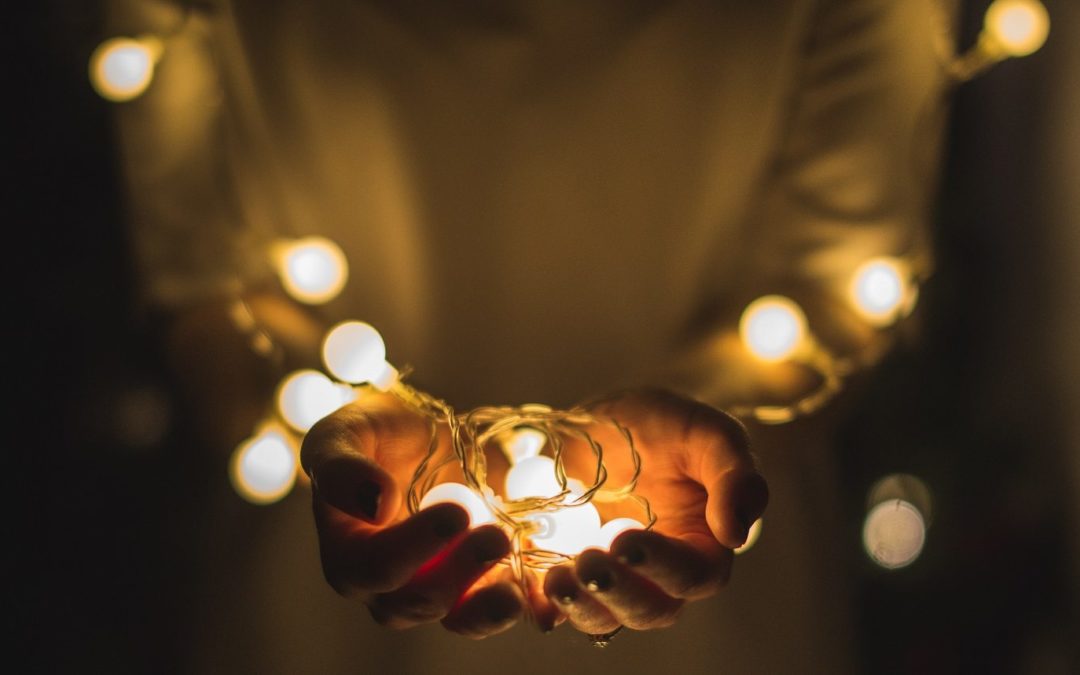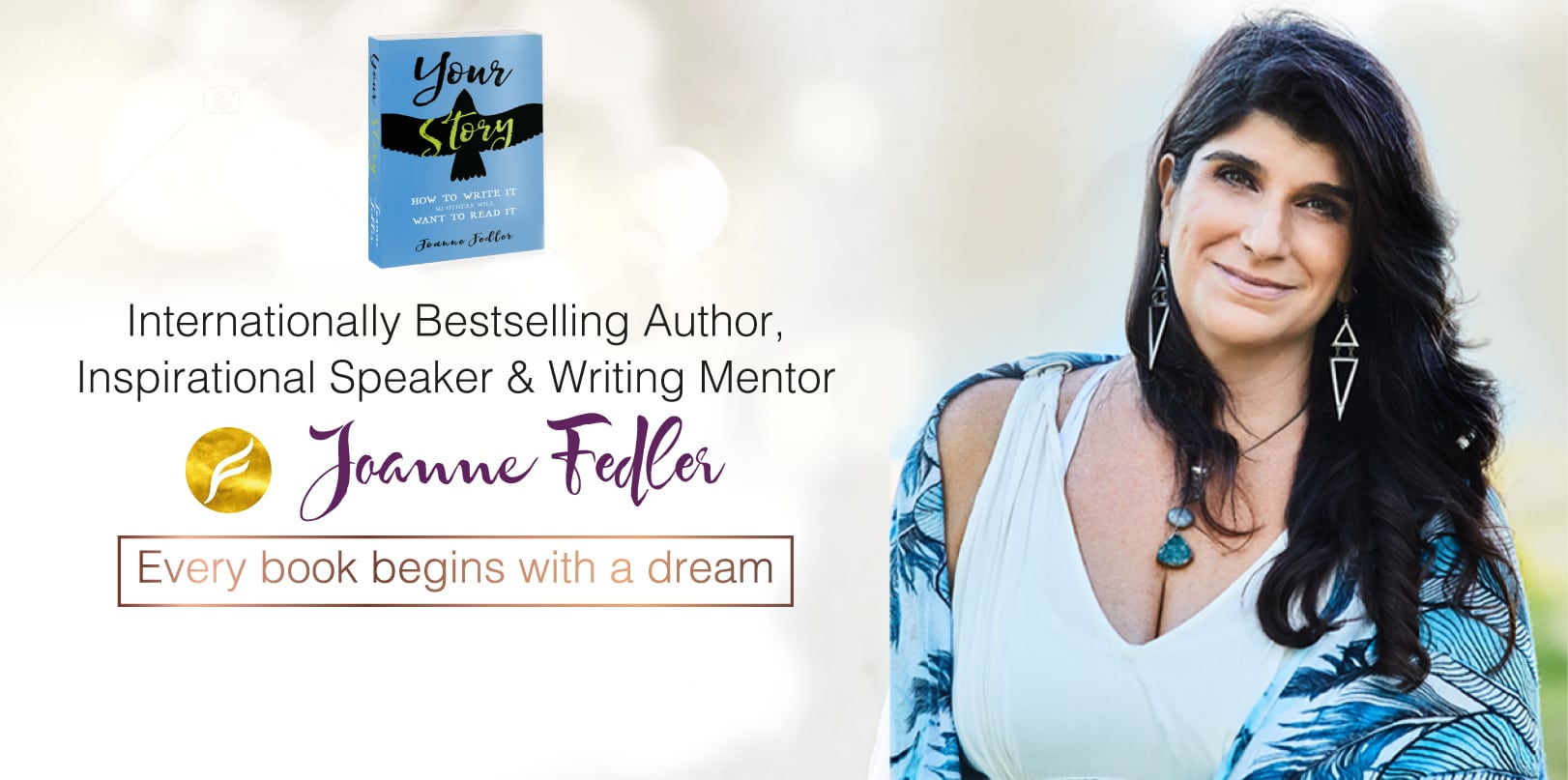
How to Make ‘I’ Contact
How to Make ‘I’ Contact
One of the first rules of public speaking is to make eye contact with the audience. That’s how we connect and earn trust.
In writing, our challenge is to make ‘I’ contact.
We have to be connected in with our own story in order to connect people in to our story. Who we are and why we have written our story has to come across in our writing. That’s partly what it means to have an authentic writing voice. We create trust and credibility by speaking about real things in a real way.
The 7 Day Writing Challenge
WINGS: Words Inspire, Nourish and Grow the Spirit
So we have to know who we are. At the very least, writing should teach us something about ourselves. We can’t trick readers into believing we’re authentic if we’re not. Just spending time working on that will take us into a place where people will trust us – we are solid in our writing, solid in what we’re doing and saying.
Knowing who we are and what we want to say is about noticing where we are. It’s about location – in time, space, emotion and character arc (our own).
We need to locate ourselves. So, who are you? Where are you? What do you have to say? How will you say it? And how can you say it better? What do you care about? What do you really truly deeply care about? Hiding somewhere inside the answer to these questions is not only our writing voice, but sometimes our deeper sense of purpose. Worth going in there, don’t you reckon?








